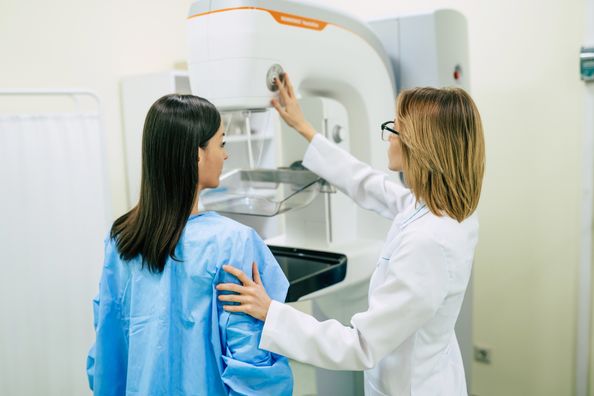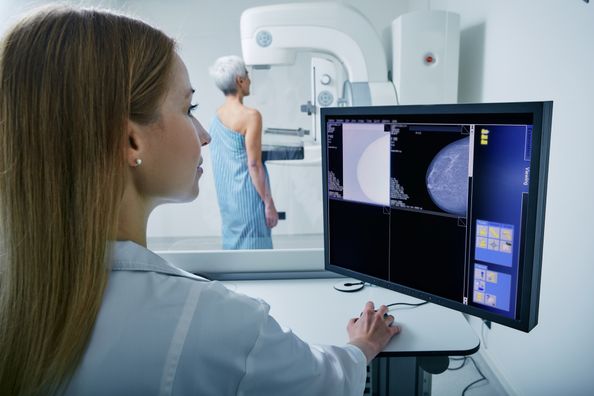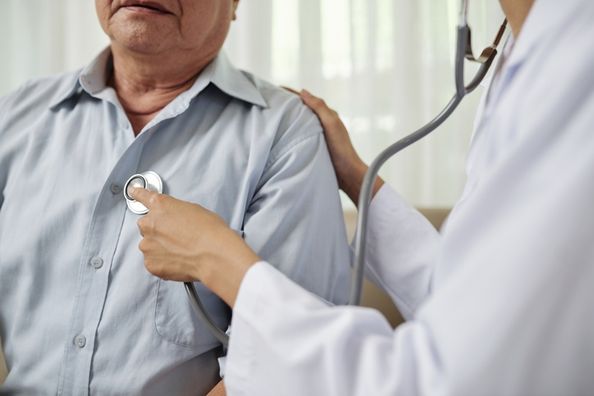
Guide to Preparing for Your First Mammogram
By Michelle Philip, MD
Is it time for your first mammogram? Read what to expect at your appointment and how mammograms play a part in your overall breast health.

Is it time for your first mammogram? Read what to expect at your appointment and how mammograms play a part in your overall breast health.

An abnormal colonoscopy result can be scary, but it’s not necessarily a reason for panic. Here’s what an abnormal result could mean, and what comes next.

An electrocardiogram, also known as an EKG, helps detect and diagnose different heart conditions. An EKG is a non-invasive, painless test that records the electrical signals produced from your heart.

From types of heart murmurs to treatment, here are 5 things to know about abnormal noises between heartbeats.

If you have dense breasts, your annual mammogram is a helpful tool to screen for breast cancer. Learn more about mammograms and breast density.

Screening and diagnostic colonoscopies have similarities, but there are also differences. Here’s what they are and how they prevent colorectal cancer.

The human heart is responsible for pumping blood and oxygen throughout your body, making it one of the most vital organs. It is comprised of arteries, muscles and electrical impulses that keep us healthy and moving on a daily basis. Due to its complexity and relationship with other organs in your body, there are a variety of cardiologists who specialize in different functions of your cardiac system.

A colonoscopy is a diagnostic test that allows your gastroenterologist to examine your large intestine for any abnormalities and pre-cancerous growths called polyps. During your colonoscopy, your doctor can obtain tissue samples for further testing and remove any polyps found before they develop into cancerous tumors. In addition to screening for colorectal cancer, colonoscopies may be used to diagnose a number of gastrointestinal issues and may be recommended if you are experiencing symptoms including:

Cancer screenings can catch cancers early. That’s why routine cancer screenings are so important. Take this quiz to test your cancer screening knowledge.

Your first colonoscopy can be nerve-wracking, but Duly Health and Care is here to guide you through it.